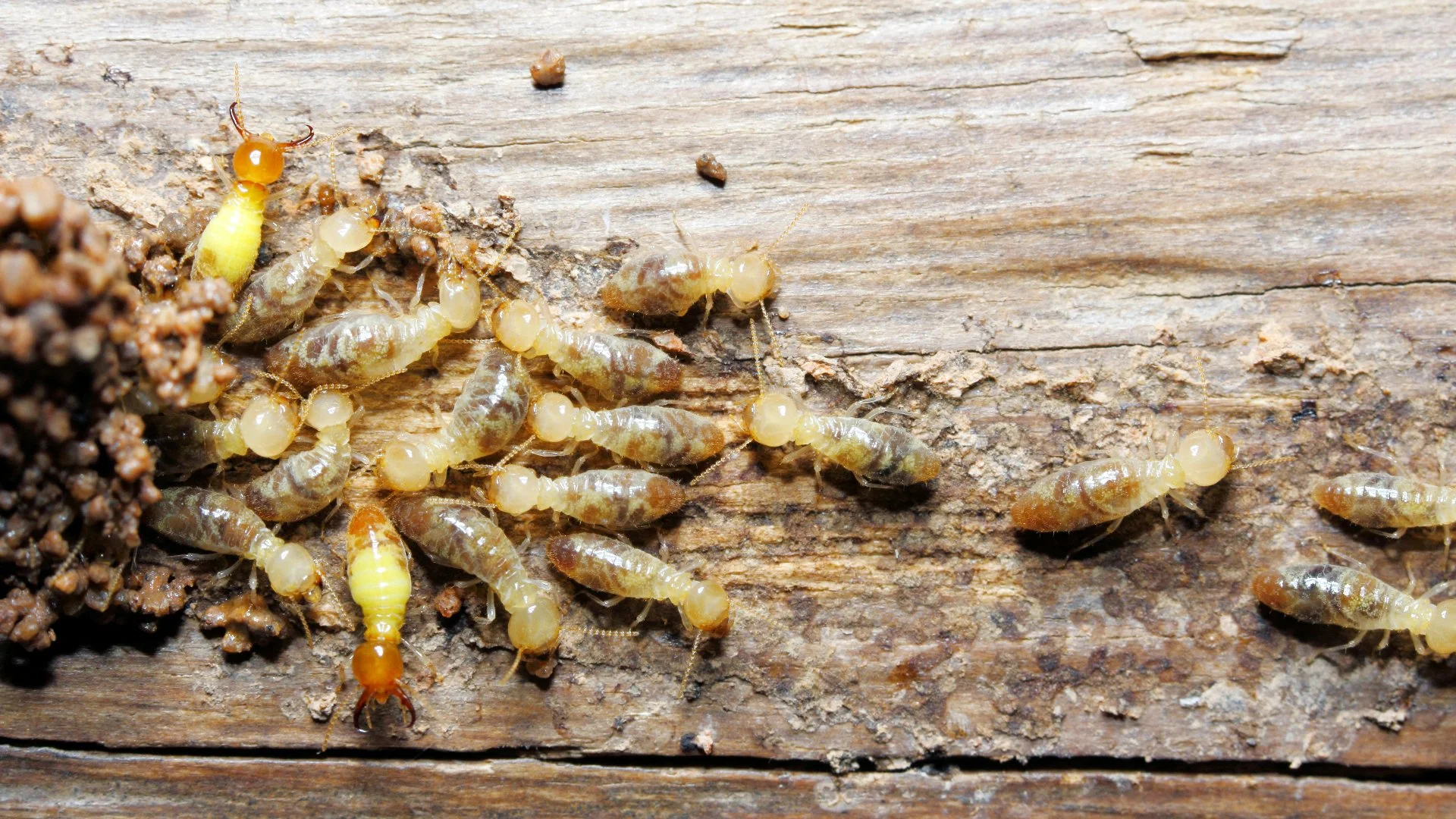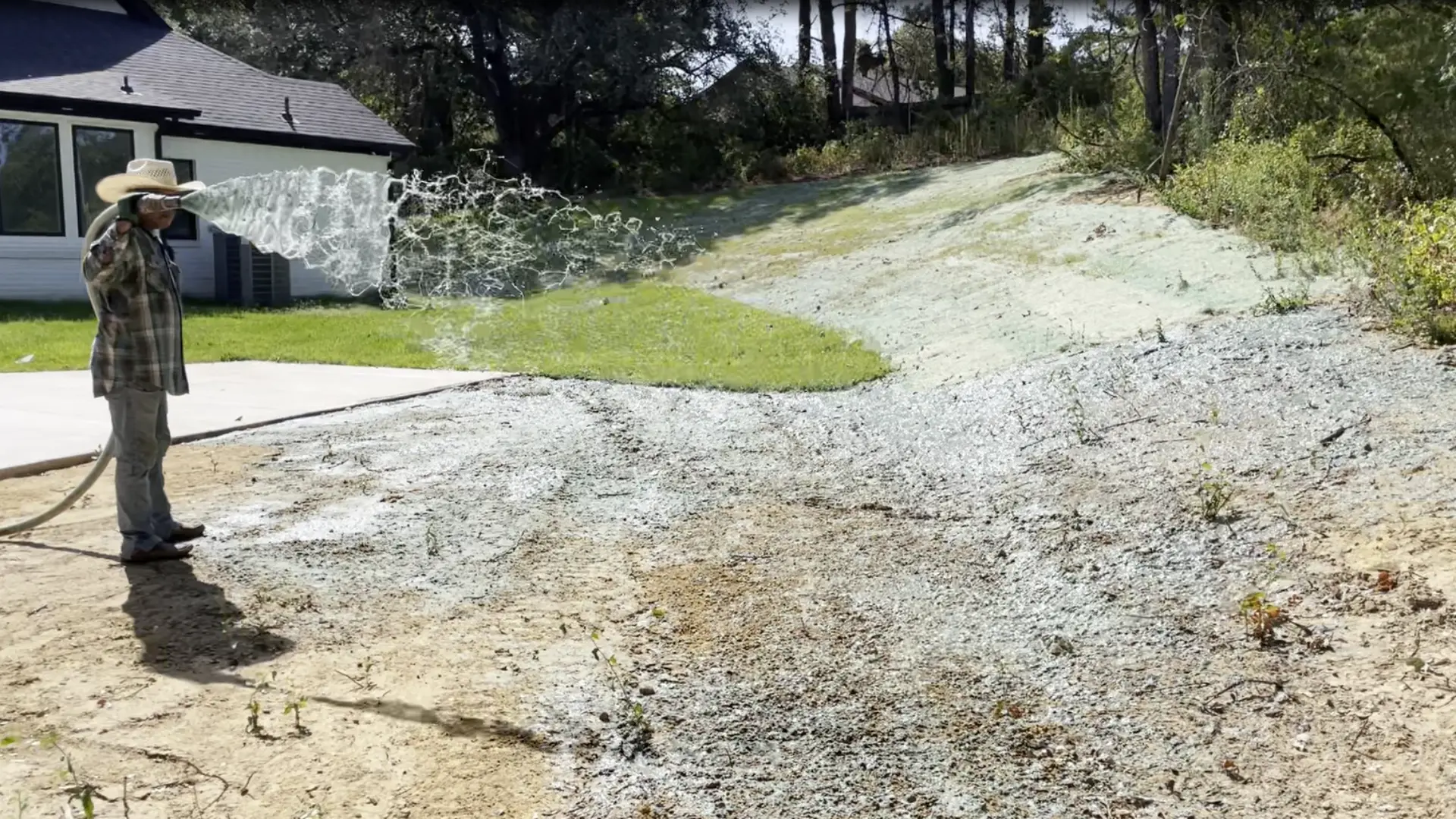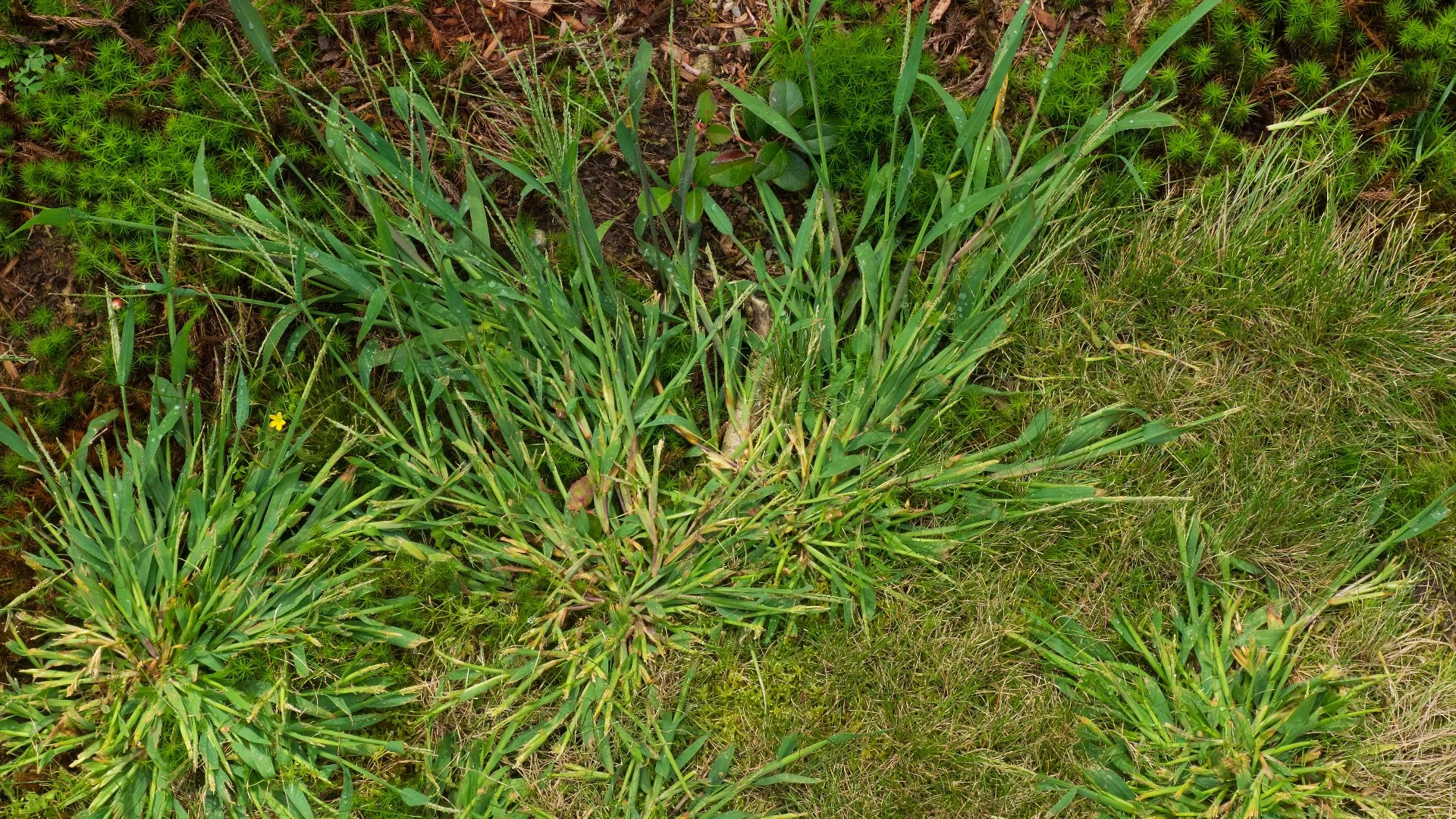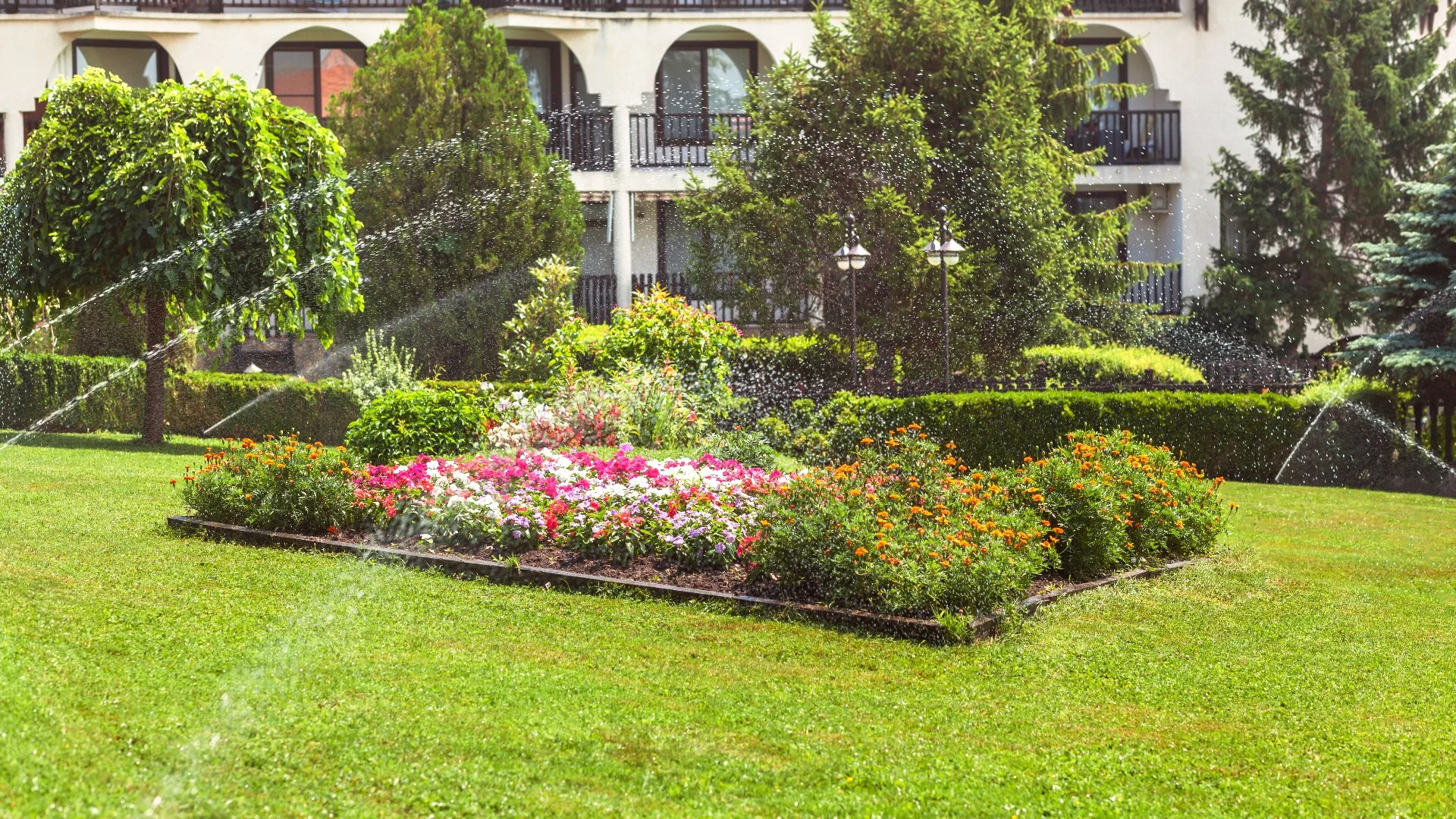Latest News
and Insights
Our blog is updated with helpful information about our premium landscape construction and commercial maintenance services.
 Mar 26, 2024
Mar 26, 2024
Spring into Action: Managing North Texas Pests with Purple Care
As North Texas awakens to the warmth of spring, our gardens and homes become bustling hubs of activity. Unfortunately, this resurgence of life isn't limited to just flowers and foliage; it...
 Mar 05, 2024
Mar 05, 2024
Bursting into Color: Plant selection, placement & care with Texas Natives.
Deep in the heart of Texas, under that generous sun that showers the earth with its golden rays, our gardens stand on the brink of a glorious transformation. We're embarking on a journey paved...
 Feb 05, 2024
Feb 05, 2024
Diving Deep Into Queries About Termites: A Comprehensive Exploration
Termites, those small but remarkably destructive creatures, have long captured the fascination of scientists and homeowners alike. In this comprehensive essay, we embark on a journey to unravel the...
 Jan 26, 2024
Jan 26, 2024
Beautiful & Budget-Friendly Lawns - Cultivating Lush Elegance With Hydroseeding
Are you yearning to craft an oasis of revitalization and vibrant natural surroundings that nurture well-being within your personal sanctuary, all while enhancing the value of your property in...
 Dec 15, 2023
Dec 15, 2023
Landscape Stone Border Project in Arlington, TX
When our client in Arlington, TX, reached out to our team, they wanted to define the landscape beds and tree ring in their front yard. These elements are focal points, and they knew making them stand ...
 Dec 11, 2023
Dec 11, 2023
Transformed Backyard in Colleyville, TX Including a Patio, Outdoor Kitchen & More
When our clients in Colleyville, TX, reached out to us, they were looking to transform their outdoor living space so they could use it to entertain their friends and family. While their backyard had...
 Dec 11, 2023
Dec 11, 2023
Enhanced Backyard in Fort Worth, TX - New Patio, Fire Pit, Retaining Wall & More!
When our clients in Fort Worth, TX, reached out to us, they were looking to improve the beauty and functionality of their outdoor living space. They already had a big, beautiful backyard that was on...
 Dec 11, 2023
Dec 11, 2023
How Many Times Should I Apply Pre-Emergent Weed Control Treatments This Fall?
Pre-emergent weed control treatments are an effective way to prevent weeds from sprouting and causing problems in your lawn. In Texas, you should apply a pre-emergent treatment in the early...
 Dec 05, 2023
Dec 05, 2023
Want a Weed-Free Lawn Next Spring? You Need Fall Pre-Emergent Weed Control
For property owners in Texas, fall pre-emergent weed control is the key to achieving a weed-free lawn the following spring. This treatment involves applying herbicides that prevent weed seeds ...



